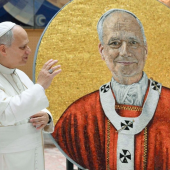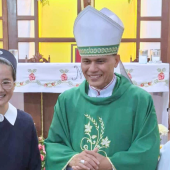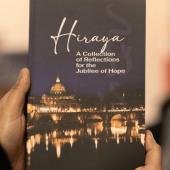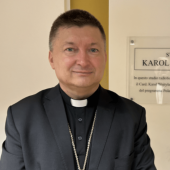A full-blooded Filipino joins the Pontifical Swiss Guards
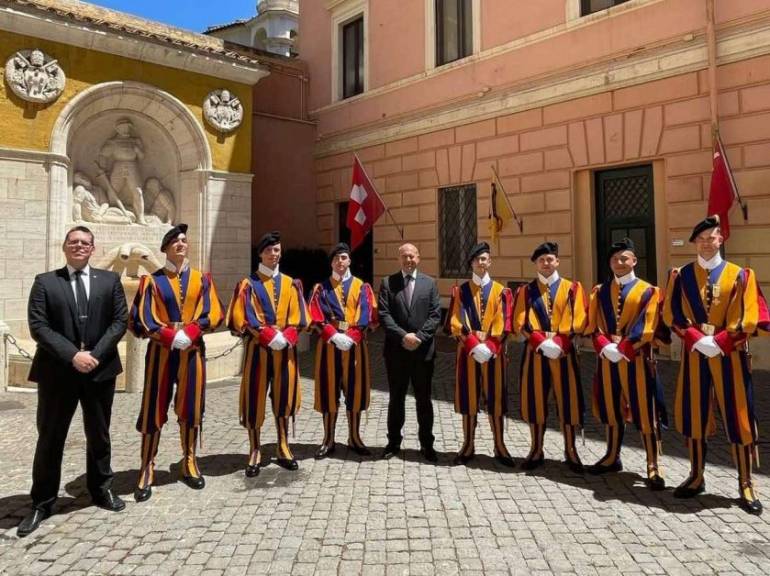
A 23-year-old Sebastian Esai Eco Eviota has become the second Filipino-born Swiss Guard.
He was born in Davao City, southern Philippines, and immigrated to Switzerland in 2009.
After two months of training at the Vatican, he joined the elite Swiss Guards and served with the Army's 13th Infantry Battalion.
Sebastian's father, Diomedes Eviota, Jr., is from Surigao City, and his mother, Editha Eco, died in 2000 in Agusan del Sur. Diomedes Eviota Sr., a retired Regional Trial Court judge from Surigao, died in January 2022.
When Sebastian (also known as ‘Baste’ as his family and friends call him) first moved to Switzerland, he was involved in a number of church organizations. He was one of the candidates invited by the commander on January 17, 2022.
The Swiss Guards must be male, Swiss nationals, Catholic, single, between the ages of 19 and 30, and at least 5' 8" tall, with military experience, a high school diploma, or a degree.
With only 135 members, the 516-year-old Swiss Guard army is independent of the Swiss armed forces.
He is the second Filipino-born Swiss Guard, following Vincent Lüthi, who joined the world's smallest and oldest military unit in October 2020. Vincent Lüthi, a Swiss-Filipino whose mother is from Cebu, Philippines, was accepted into the Guards in 2020.
The Swiss Guards protect Vatican City and the Pope's residence at Castel Gandolfo, as well as serving as the Pope's escorts.
The Swiss Guard, which has been in operation for 516 years, is the world's smallest army and one of the oldest continuously operating military forces, with training in crowd control, VIP security, lethal and non-lethal weapons, surveillance, and other job-specific measures (Kasmir Nema).
Radio Veritas Asia (RVA), a media platform of the Catholic Church, aims to share Christ. RVA started in 1969 as a continental Catholic radio station to serve Asian countries in their respective local language, thus earning the tag “the Voice of Asian Christianity.” Responding to the emerging context, RVA embraced media platforms to connect with the global Asian audience via its 21 language websites and various social media platforms.









